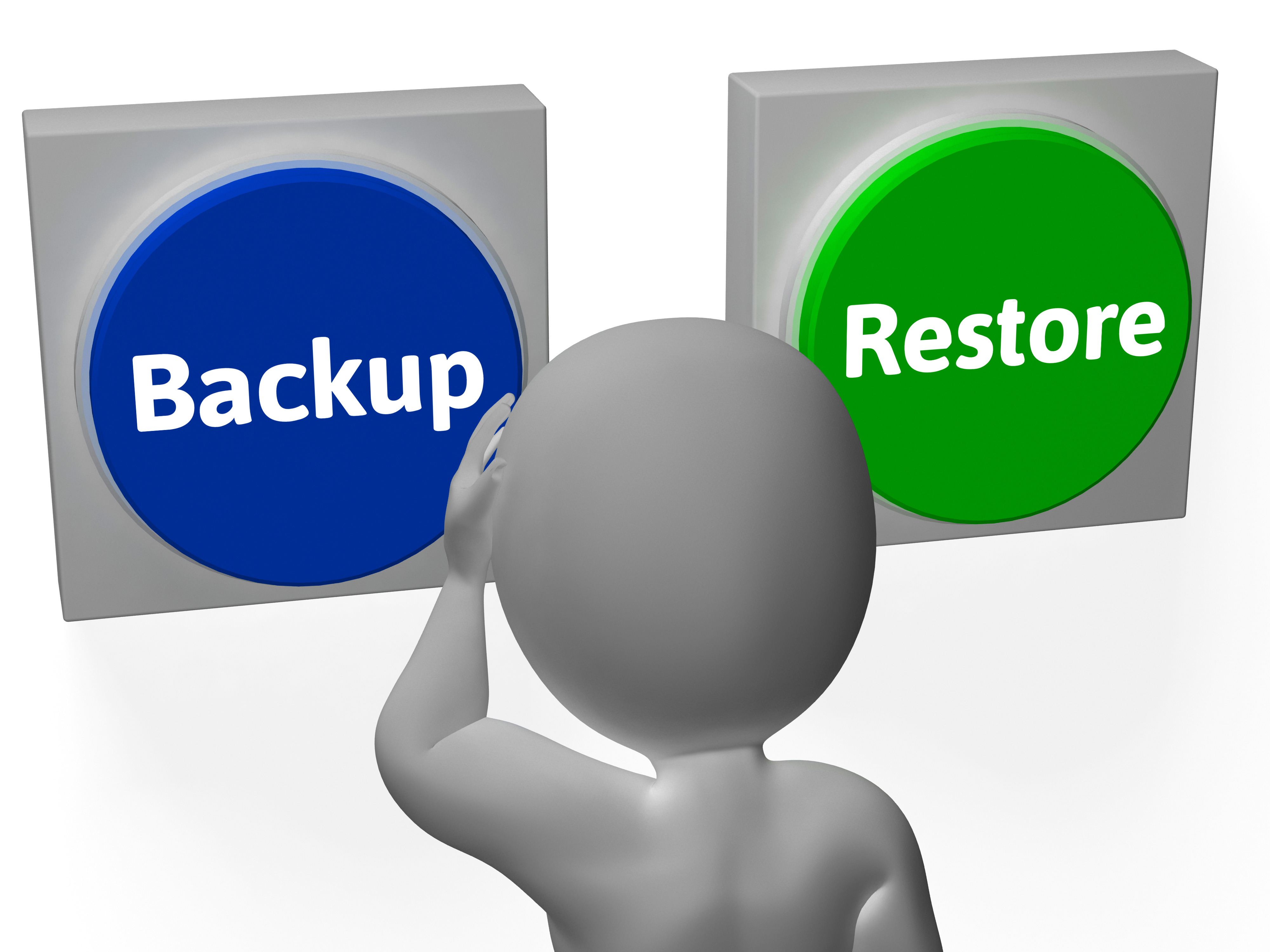Dedicated Server Backup: Do you have a strategy?
 Eqservers
Eqservers Dedicated Server Tutorials
Dedicated Server Tutorials 09/11/2015
09/11/2015
When you’re hosting with a shared hosting provider or a VPS, in most cases your data is regularly backed up by the provider. That’s one of the primary reasons why most new owners of dedicated servers who upgrade, do not have a backup strategy for their dedicated servers. For various reasons business tend to create their backup on the same server. It is convenient to backup on another drive on the same server but what if the server room catches fire?
Small and mid-sized businesses can normally operate from a single or a setup of two or three dedicated servers. The resources of a single server or a cloud are allocated between different needs such as website, email and backend. Data backup which is not a part of this ecosystem is still a critical component. Backups are often compared with insurance, but the fact is that backups are more important than insurance. A backup strategy is just as important as a financial strategy for business continuity. Backup is a critical component of business operations because an online business of any size and industry can not recover from data loss.
The first step is to determine the type of backup you need. You can choose from incremental and differential backups. Both have their advantages and disadvantages but one will suit your business better than the other. Based on this choice and an assessment of your present and future storage needs, you can determine the storage space for your backup. Next step is to determine whether you need a dedicate server or a cloud service to store the backup.
A dedicated server at another location is the preferred choice for backups but with the advancement of technology and availability of services like Amazon Web Services it is easier to outsource backup to cloud reliably. The downside of using a cloud service to restore a backup is that it can be painfully slow and bring your business or critical functions at a complete standstill even when you have access to the backup.
So backups can not be skipped or implemented on the same server, or in the same location as the main server. What you have by now is a thoroughly thought out plan and all you need now is a software to execute it. In the next blog post, we will take a look at the top features you should look for in a backup software solution to select the right one for your business’ requirements.

